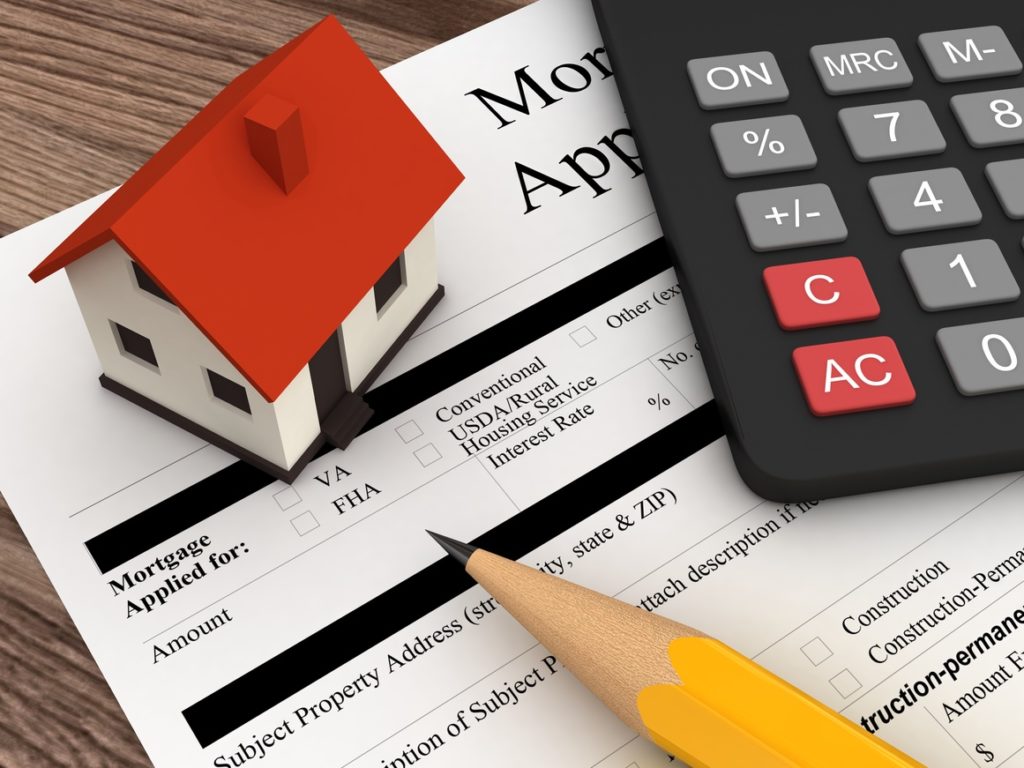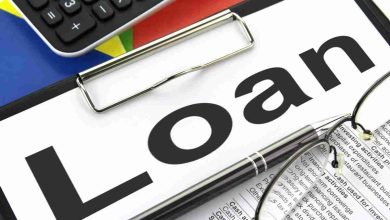
If you are in the very first steps of buying a home, there’s one fee you need to know when trying to get a mortgage: the loan origination fee. A loan origination fee is charged upfront by a lender as compensation for executing the loan. It’s completed for every new mortgage application to cover the cost of processing, underwriting, and funding the loan.
How Are Loan Origination Fees Calculated?
A loan origination fee is similar to other commission-based payments that take place over all other for sale by owner websites too, meaning it’s not a fixed cost. The amount typically accounts for 0.5% and 1% of the loan amount, and therefore, you would need to know how much you’ll receive as a loan as the amount doesn’t take into account any down payments you put on the property. If the lender charges on the higher end of the loan origination fee, you can determine how much you’ll pay by deducting your down payment from the property price to determine your loan amount, then calculate the percentage from there.
If you’re buying a $250,000 home and putting a down payment of 3.5%, your loan amount will be $241,250. That means your origination fee would be $2,412.50 on the higher end and $1206.25 on the lower end.
You can also get an estimate of how much your loan origination fee will be by using a closing cost calculator for buyers. These calculators enable you to input all the relevant information about the home you’re purchasing: your location, purchase price, and down payment amount.
If you use a closing cost calculator like Houzeo’s closing cost calculator for buyers, you’ll also be able to get a very accurate estimate as they pull data from your state to determine what a lender is likely to charge for loan origination fees. This information will be based on historical data. Houzeo reviews are the proof for the same.
Saving on Origination Fees
One thing to keep in mind about origination fees is that they are negotiable. While you can’t get lenders to forego the fee, you can save on the cost. This usually includes making concessions, the most common one being conceding to higher interest rates.
The lender will also still get their origination fee through a Yield Spread Premium, which is only a good idea if you plan to sell or refinance within a few years.
You can also make a saving on your origination fee by increasing your down payment.
Another option you have to save on the origination fee is to purchase directly from a seller, using a service like Houzeo or EntryOnly.com. You can get as much as 3% of the purchase price back after closing, an amount you will be able to use to reimburse the money spent on the origination fee. How much you get back is determined by how much the seller decided to pay a buyer agent and is calculated as part of the seller’s closing costs.
There are plenty of other costs associated with buying a home, if you prepare yourself for these costs, you can factor them into how much home you can afford to buy.



